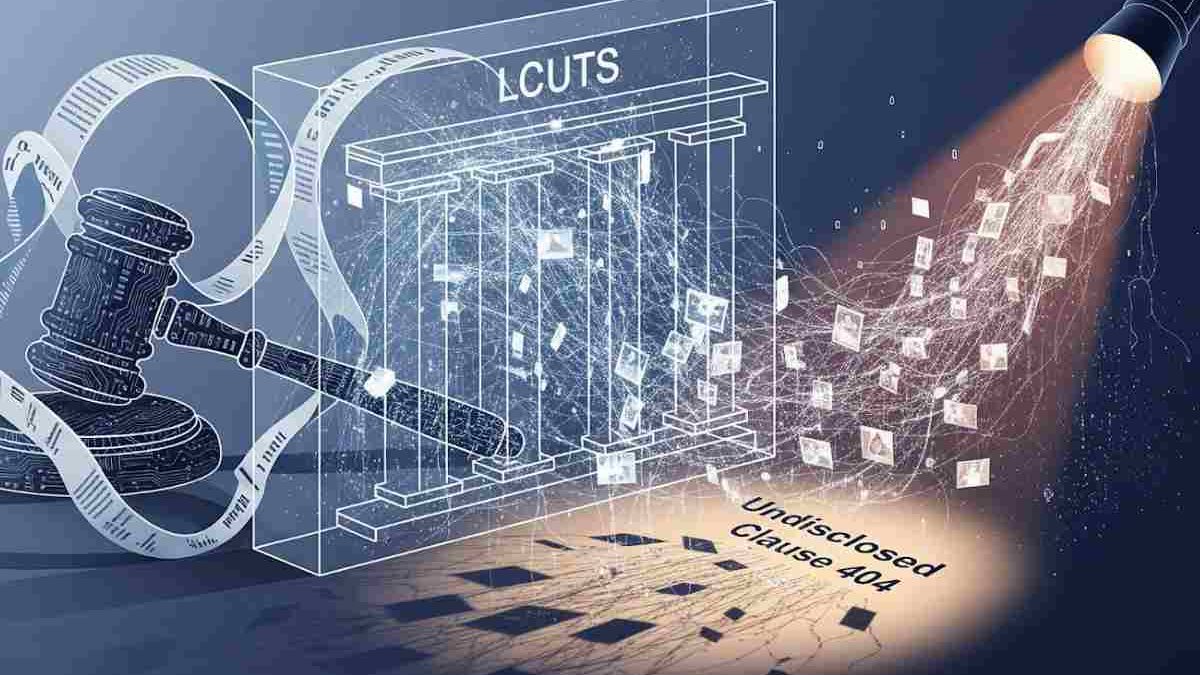Imagine searching your name on Google and seeing a mugshot you thought was buried in the past. It’s a digital scar—one that can hurt job prospects, relationships, and your personal sense of dignity. While online reputation management firms offer mugshot removal services, most people don’t realize there are legal limits to what Google can and can’t do.
Table of Contents
Why Mugshots Still Appear on Google
Mugshots are public records. After an arrest, many counties and police departments release these images. Third-party websites collect them, post them online, and often charge removal fees.
Even if charges are dropped or expunged, the mugshot might remain online for years. And once it’s indexed by Google, it can appear in search results indefinitely—unless specific removal conditions are met.
The Real Impact of Online Mugshots
Online mugshots can follow someone long after legal issues are resolved. Employers, landlords, and even friends or family can come across them. And the damage goes beyond embarrassment—it affects trust, opportunity, and livelihood.
Reputation firms like NetReputation, EraseMugshots, and RemoveMugshots report that clients often face job rejection, social stigma, and a loss of income due to outdated or misleading mugshots.
This is why understanding your legal options—and Google’s actual role—is essential.
What the Law Actually Allows
Federal vs. State-Level Protections
There’s no federal law that mandates the removal of mugshots from the internet. Instead, legal protections and rights vary widely by state.
- In California, individuals can request removal if the arrest didn’t result in a conviction.
- In Florida, mugshot websites are required to remove images upon request if charges are dropped or dismissed.
- In Texas, recent changes to state law give individuals more control over their booking photos and digital reputation.
If you’re in a state with these laws, you may have legal standing to demand takedowns. If not, you’re largely at the mercy of site policies or legal action.
Google’s Actual Policy on Mugshots
Google doesn’t host mugshots—it just indexes them. That means the image itself lives on another website, but Google displays it in search results.
Can Google Remove Mugshots?
Yes, but only under specific circumstances. Google may remove mugshots if:
- The content violates a law (e.g., court order or expungement)
- The image poses a serious privacy risk (e.g., harassment or personal safety)
- The content violates Google’s own policies (like explicit blackmail or nonconsensual imagery)
But Google won’t remove a mugshot just because it’s upsetting or embarrassing. And if the hosting site refuses to cooperate, Google’s hands are often tied.
Common Myths About Google Mugshot Removal
Myth 1: Google Can Delete the Image
False. Google can only de-index a page from search results. The actual content still resides on the source website—unless the owner removes it.
Myth 2: Paying a Website Guarantees It’s Gone
Not always. Many mugshot sites claim to remove content for a fee, but there’s no guarantee the image won’t reappear elsewhere—or get scraped and reposted on another site later.
This is why firms like InternetReputation and ReputationSciences stress the importance of long-term reputation strategy over quick fixes.
Myth 3: One Request Solves Everything
Most mugshot removals involve multiple steps, including legal documentation, site outreach, follow-ups, and sometimes litigation. Expecting a one-click solution leads to disappointment and lost time.
What You Can Do (and What Actually Works)
1. Know Your Rights
Check your state’s mugshot laws. If you were never convicted, or if your record was expunged, you may have legal leverage to request removal directly from the site.
2. Contact the Hosting Site
Some sites allow you to request removal, especially if the charges were dropped or dismissed. Others require court documents or proof of legal resolution. A respectful, documented request is more effective than threats or emotion.
3. Work With Professionals
When the process becomes overwhelming—or legally complex—firms like EraseMugshots, RemoveMugshots, and NetReputation can take over. These companies specialize in dealing with hard-to-remove mugshot content, often negotiating directly with site operators or building content strategies to push harmful links off the first page.
4. Push Down Negative Results
If a mugshot can’t be removed, the next best option is suppression. This means publishing high-quality content—such as articles, bios, press releases, or professional profiles—that outranks the mugshot in search results.
Reputation firms like OnlineReputation and InternetPrivacy often focus on this approach, especially when legal options are limited.
Challenges in the Process
Even with a solid legal case, removal isn’t guaranteed.
- Mugshot sites are often uncooperative.
- Delays are common.
- Appeals may be necessary.
Persistence, documentation, and patience are key.
Staying Informed
The legal landscape around mugshots and privacy is evolving. States are beginning to recognize the harm of mugshot extortion and are taking steps to address it. Staying updated on new laws, especially in your home state, can help you move quickly if your image resurfaces.
Legal advocacy groups and reputation management firms often share updates on privacy laws, court rulings, and removal rights. It’s worth subscribing to newsletters or joining community forums focused on digital rights.
Final Thoughts
Google mugshot removal is possible—but not as straightforward as many think. There are legal limits, loopholes, and gatekeepers that complicate the process. And while Google has policies to protect individuals, it ultimately defers to the law.
If you’ve discovered your mugshot in search results, start by understanding your rights. Then, choose a strategy that matches your situation—whether it’s pursuing legal removal, working with a trusted firm, or building a stronger online presence to push the mugshot out of view.
Whatever path you choose, take action. Because when it comes to your reputation, doing nothing is the one thing you can’t afford.
Also Read: Telecommunications Networks And Its Uses

